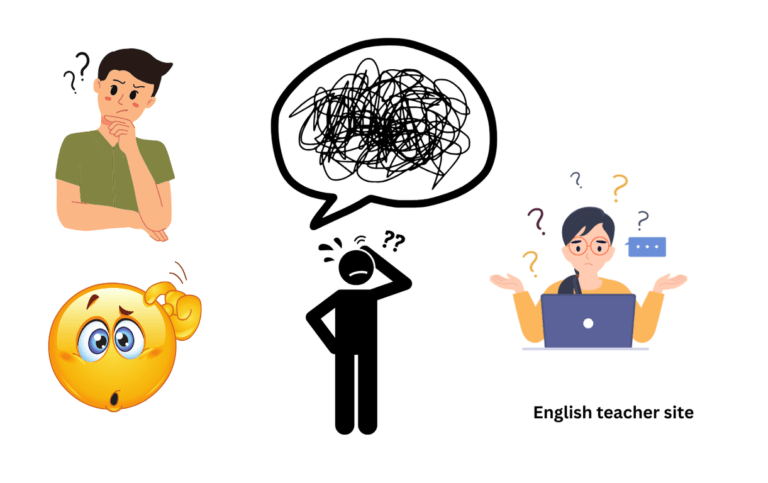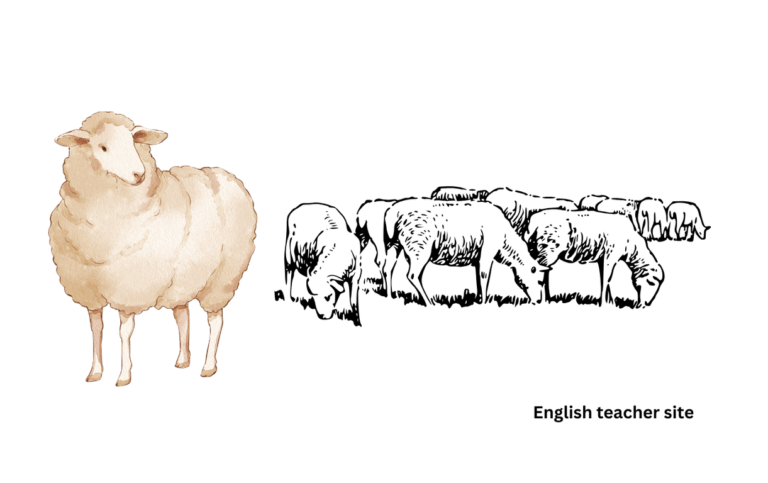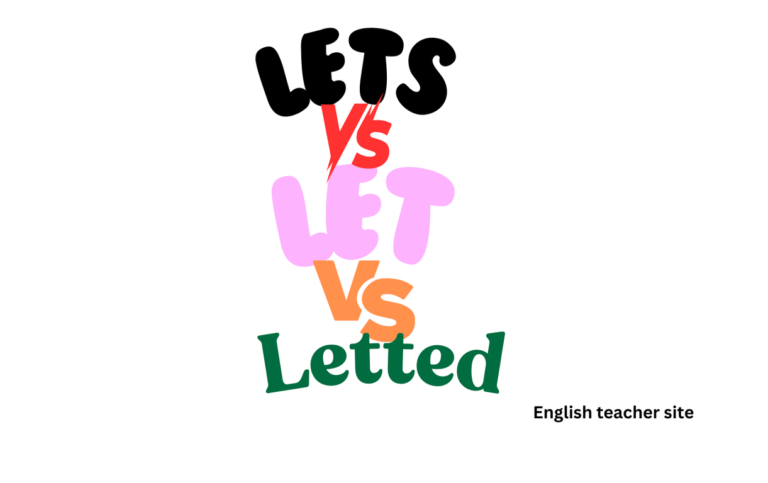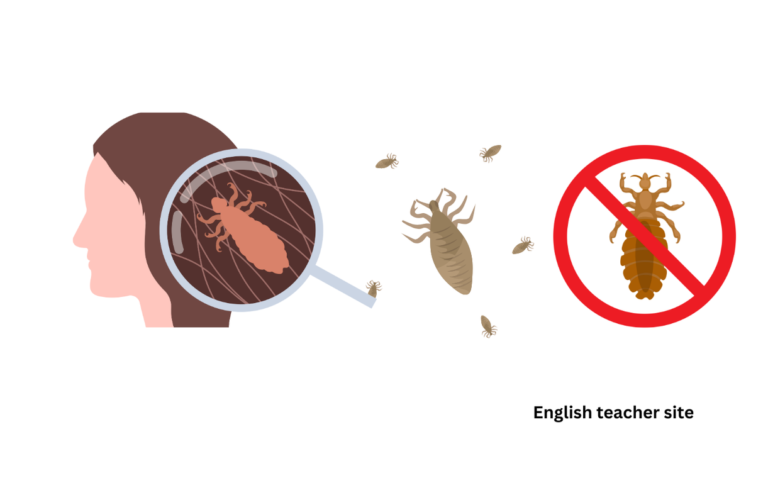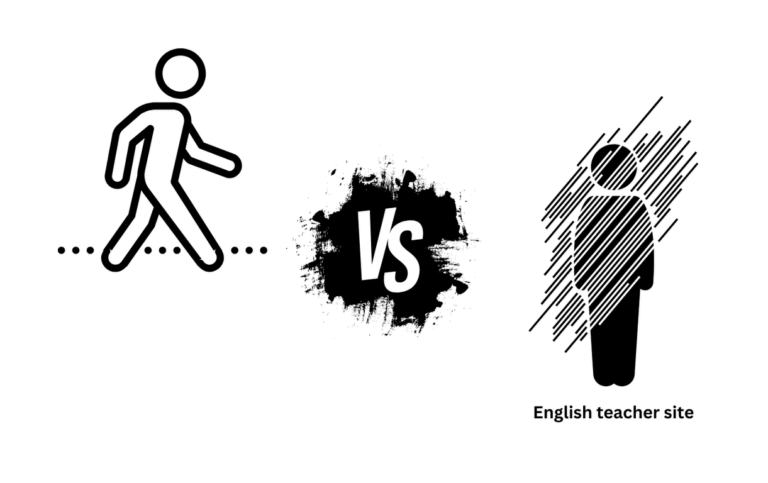MS Mrs Miss: Understanding the Differences Between Titles
In contemporary usage, these titles also reflect the evolving social attitudes toward gender and identity. The choice between “Ms.,” “Mrs.,” or “Miss” now involves understanding not just a woman’s marital status but also her personal preference and the level of formality of the context. It is common for women to provide guidance on how they…


